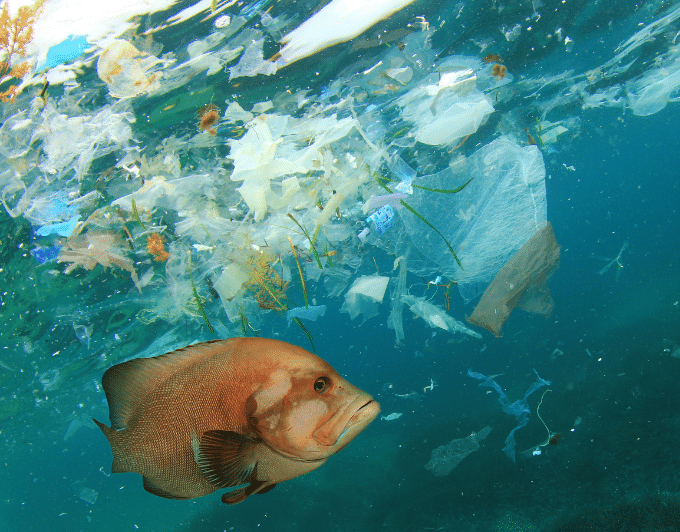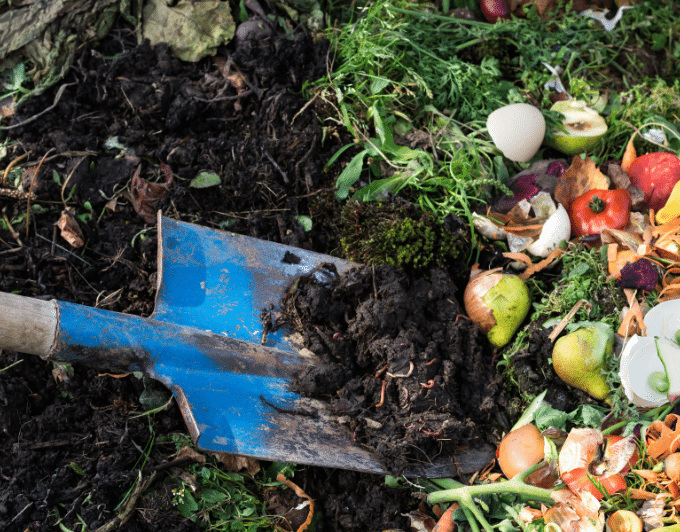About Eco-Cycle’s Green Star Schools Program
 Our Green Star Schools® program builds on the School Recycling and Environmental Education Program by introducing compost collection, improving recycling, and strongly emphasizing waste reduction activities. It provides participating public schools with extensive and ongoing support, feedback, incentives, rewards, and special projects.
Our Green Star Schools® program builds on the School Recycling and Environmental Education Program by introducing compost collection, improving recycling, and strongly emphasizing waste reduction activities. It provides participating public schools with extensive and ongoing support, feedback, incentives, rewards, and special projects.
The Green Star Schools program is key to helping create environmentally literate graduates. With Eco-Cycle’s support, students, teachers, and staff at Green Star Schools become Zero Waste pros, reusing, recycling, and composting to divert up to two-thirds of all their waste while also striving to prevent waste in the first place.
We help students and staff at Green Star Schools to:
- Compost food scraps in kitchens and cafeterias
- Recycle schoolwide, including classrooms, hallways, kitchens, and cafeterias
- Participate in Eco-Cycle–facilitated annual waste reduction education
School Resources and Benefits
Eco-Cycle provides the following benefits and resources to all Green Star Schools:
- On-site lunchroom sorting support (reuse, recycle, compost, landfill)
- On-call access to additional training for students and school staff
- Support the use of reusable plates, cups, and utensils during school meals, snacks, and events
- Support food share stations in school cafeterias to reduce food waste and feed students
- Children’s books through Eco-Cycle’s CHaRMed Books Program
- Green Team support
- Zero Waste mini-grants
- Zero Waste event support for school-based events
- Celebration & event waste reduction tips
- Newsletters highlighting Zero Waste school programming, achievements, and best practices
- Eco-Cycle’s Holiday Guide, helps students and their families reduce waste during the holiday season
- Anniversary celebrations that recognize a school’s accomplishments and impacts
- Special promotions and contests
Financial and Environmental Benefits
Green Star Schools are shown to realize the following financial and environmental benefits:
- Reduced school trash hauling costs through improving recycling and the introduction of composting
- Reduced expenses on single-use disposable items with the introduction of reusables
- Contribution to a natural climate solution: reduced methane emissions at landfills, conservation of natural resources and energy, and improvement of soil health and quality
- Students develop improved environmental awareness, not only learning about the importance of Zero Waste, but also feeling motivated to take action and make a difference in their own lives and communities
Participating Schools
Currently in 2024, there are more than 32,300 students and 4,000 staff at the 66 enrolled Green Star Schools, with more schools joining as funding becomes available. Additional schools are being accepted on a waitlist; please contact us if you are interested in joining the Green Star Schools program.




























